
OR
Executive directors of the World Bank Group praise Nepal’s progress
Published On: November 2, 2019 10:35 AM NPT By: Republica | @RepublicaNepal
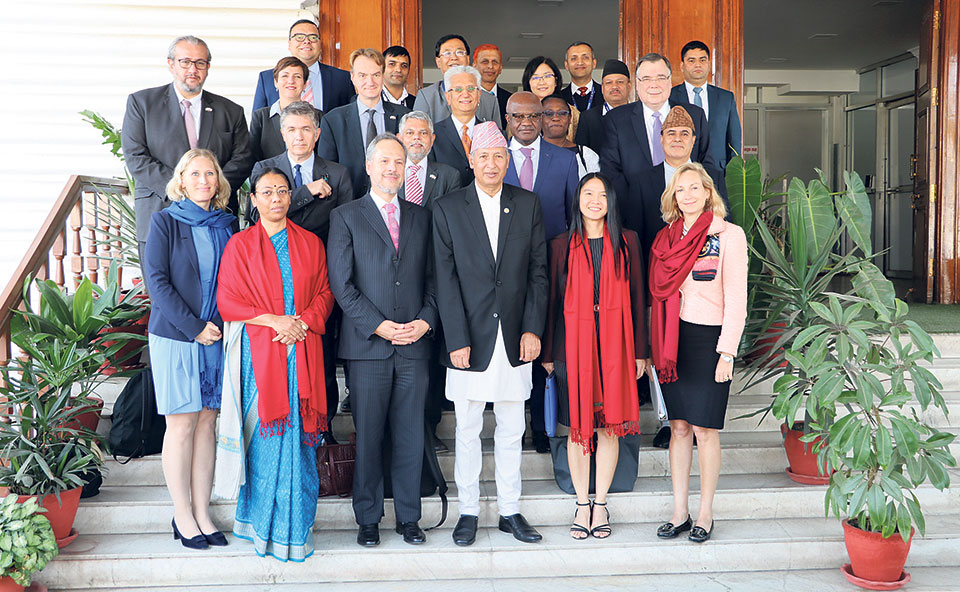
KATHMANDU, Nov 2: A delegation of nine executive directors out of a total of 25 along with two alternative executive directors of the World Bank Group Executive Directors (EDs) visited Nepal from October 29 to November 1.
According to the World Bank, the visit was aimed mainly to gain a comprehensive view of Nepal’s current development status and opportunities.
During a meeting at the Ministry of Finance on Thursday, they praised Finance Minister Yuba Raj Khatiwada for the initiatives the government has taken for structural reforms as well as the country’s recent progress in reducing poverty and smooth management of transition to federalism.
Minister Khatiwada briefed the delegation on the latest macroeconomic situation as well as strategies and plans to achieve the target of graduating to middle income country status by 2030.
The executive directors discussed about leveraging support from the World Bank Group for implementing federalism, maximizing finance for development, and investing in health and education for the people of Nepal.
Excerpts of some of the executive directors’ views in the meeting:
PRESSING NEED TO DIVERSIFY FINANCING SOURCES
Herve de Villeroche, Executive Director
Nepal has very impressive macroeconomic results. You have very strong balance sheet and fiscal position. I would like to come back to the external position. Since you need to import a lot of capital goods, you are relying very much on remittance. This is strength in a long run, but vulnerability too. I see pressing need to diversify the financing sources including FDIs, and of course to expand the export bases beyond tourism. To maintain the currency peg with Indian rupees, you need a strong balance sheet. Otherwise, it will be a challenge for the [foreign exchange] reserve when inflation goes up. Going forward, reinforcing the external account is a key point for me in the long run.
RIGHT SEQUENCING OF REFORMS NEEDED
Patrizio Pagano, Executive Director
The economy of your country is growing very fast in a balanced way without major imbalances. As you said, you are still in a transition phase which is probably the most delicate moment. The private sector should take the baton and drive the growth and create jobs. In order to do that, the financial sector is a crucial piece of the transition. We spoke with bankers also. They said that the source of funding is of short-term while the investment needs are of long-term. There is a maturity mismatch for them to manage. In order to do that, the government can come in and facilitate in the reduction of this type of mismatch. You may attract foreign capital which is essential but you don’t want to attract the hot money that comes today and flee tomorrow when there is a shock. In order to attract the right type of money, you need right sequencing reforms.
GROWTH DRIVEN BY ENERGY AND TOURISM SECTORS
Aparna Subramani, Executive Director
We are extremely impressed by the overview that you gave just now. It was not just an overview, but it contained your insight, vision for the country and systematic program of the fiscal management and structural reforms that you are following. We totally understand that reform is never a straight line. There will always be some reversals and diversions. It is inevitable in a democratic set-up where there is collective decision making. But, I believe your exposition today and your actions of the last two years have made your goal, commitment and direction very clear. I believe the World Bank Group is very much aligned with what is your goal and direction because you spoke not only about economic growth, but also about the human capital that you want to develop. While congratulating you and Nepal on your achievement for successful transition to federalism, I would like you to enlighten us on how we can be useful through the bank in strengthening federalization whether it’s financial or institutional. Most of the economic growth in Nepal is driven by energy and tourism sectors. Are you also looking for developing domestic entrepreneurship in addition to FDI?
FEDERALISM A GREAT OPPORTUNITY
Jorge Chavez Presa, Executive Director
We want to be a part of the celebration of fifty years of the relationship between the World Bank Group and Nepal. It is very important to remember this and the role the World Bank can play if the government does partnerships. The team represents 100 countries and 50% voting power. It’s almost half a session of the board meeting. What you just told to us is music to our ears – to hear that you are committed to make Nepal in a near future, 2030, a middle income country. We heard your emphasis in making through federalism which is a new way of organizing levels of governance, distributing power, and a great opportunity to bring prosperity and reduce poverty in Nepal.
JOB CREATION, SERVICE DELIVERY AND COMPETITIVENESS ARE EXTREMELY IMPORTANT
Merza Hasan, Executive Director
The expectation of the people is going to be high in the federal system. Job creation, service delivery, and competitiveness are extremely important in this regard. There are a lot of challenges to meet your aspirations and needs. You cannot make it from the public money. So you need the private sector to come forward in order to meet the infrastructure needs. My advice to you would be to identify three or four big projects, do the feasibility study and make it attractive for the private sector. This is where you create the momentum.
You May Like This
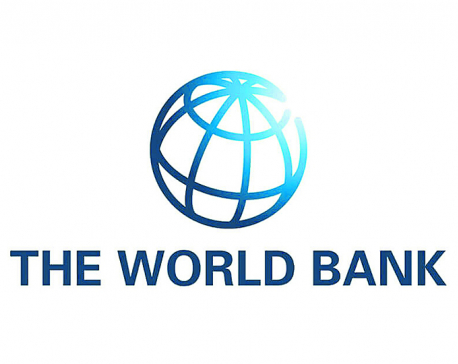
GoN and World Bank sign US$ 29 million agreement for COVID-19 response
KATHMANDU, April 8: The World Bank has approved a fast-track US$ 29 million COVID-19 Emergency Response and Health Systems Preparedness... Read More...

WB to provide Rs 23.5 billion for financial, energy sectors
KATHMANDU, Oct 11: The Ministry of Finance and the World Bank have signed two agreements totaling $200 million, nearly Rs 23.5... Read More...
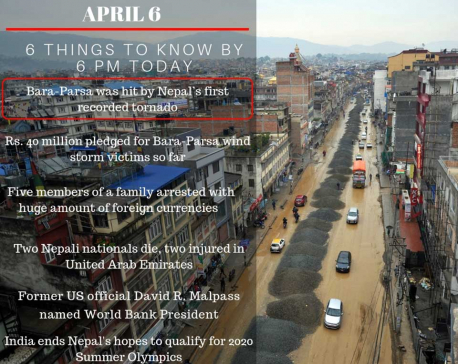
APRIL 6: 6 things to know by 6 PM today
Your daily dose of missed important news of the day. ... Read More...




Just In
- NEPSE loses 3.24 points, while daily turnover inclines to Rs 2.36 billion
- Pak Embassy awards scholarships to 180 Nepali students
- President Paudel approves mobilization of army personnel for by-elections security
- Bhajang and Ilam by-elections: 69 polling stations classified as ‘highly sensitive’
- Karnali CM Kandel secures vote of confidence
- National Youth Scientists Conference to be organized in Surkhet
- Rautahat traders call for extended night market hours amid summer heat
- Resignation of JSP minister rejected in Lumbini province












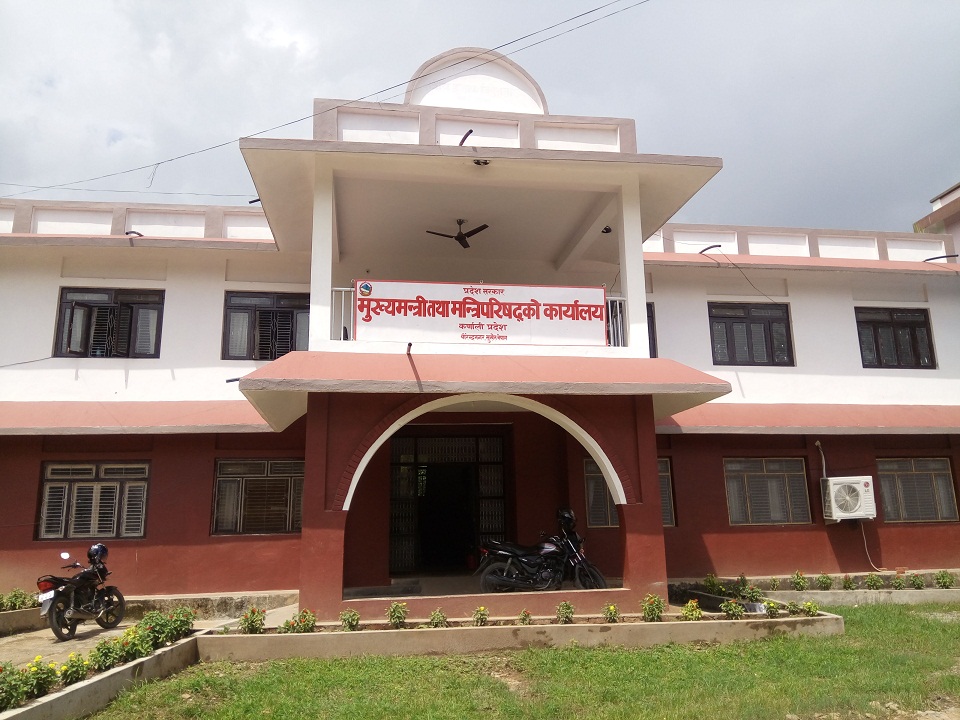
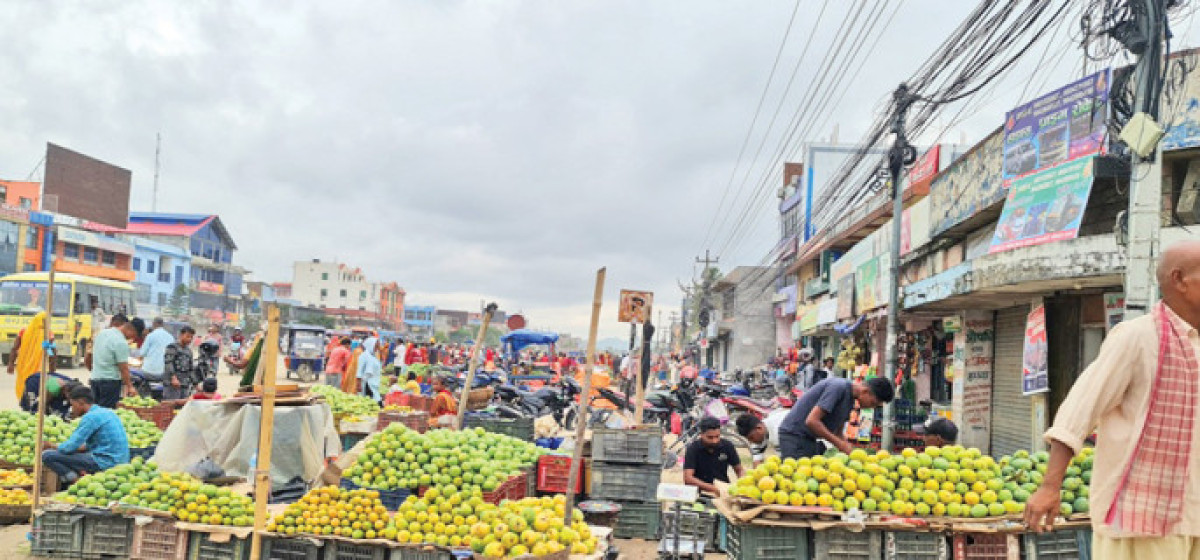
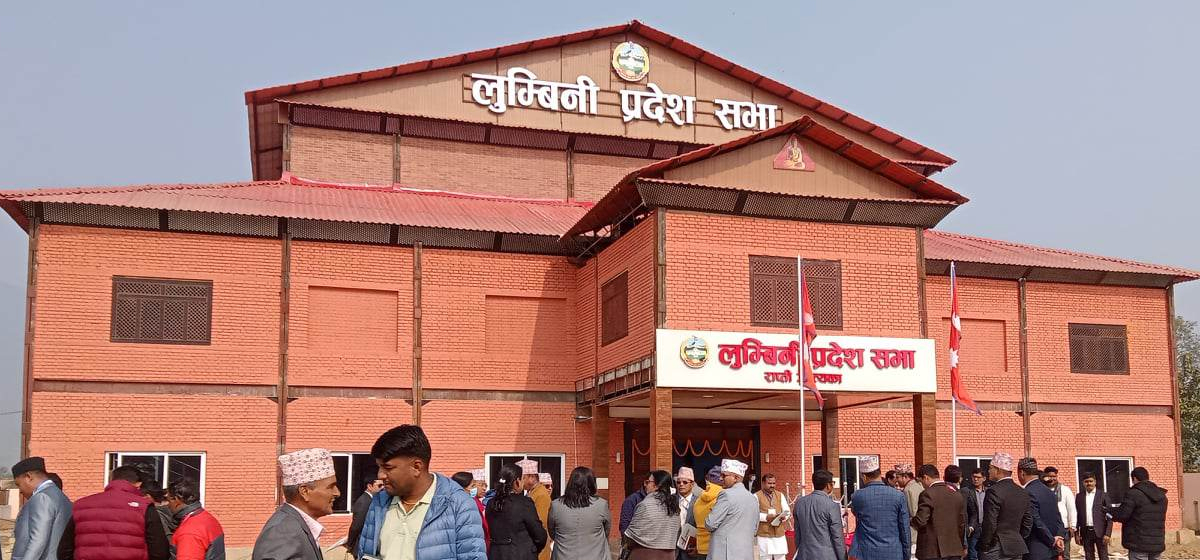
Leave A Comment